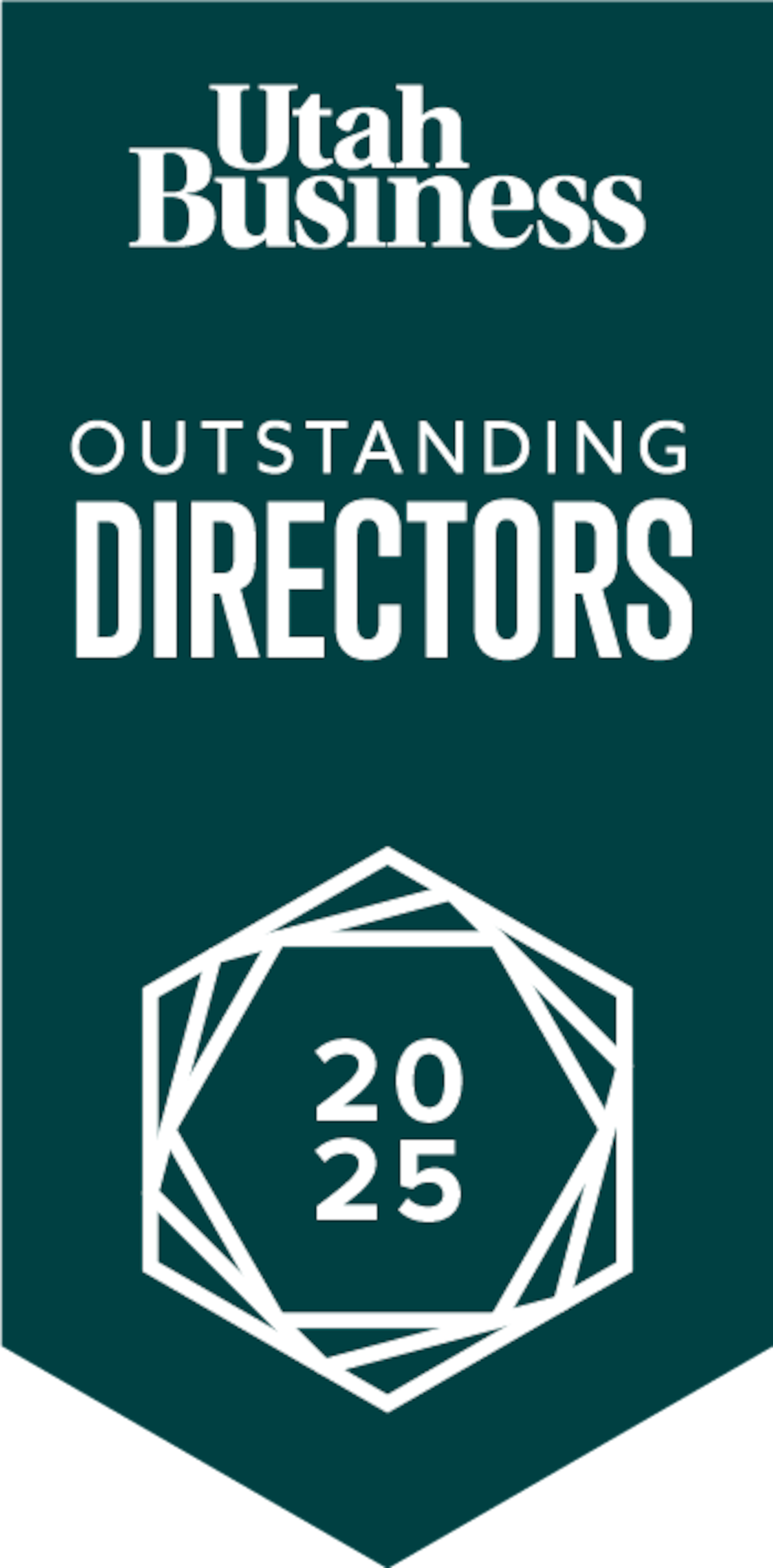FULL BOARD - PRIVATE COMPANY
O.C. Tanner
When a company specializes in employee recognition — and strives to recognize and appreciate others — its board needs to embody those same principles. The team at O.C. Tanner has mastered this by creating a governance structure that honors the company’s family legacy while embracing professional oversight that drives the company forward.
“The diversity of our board has been a key to its success,” says Scott Sperry, CEO and president of O.C. Tanner. “Stephen Tanner Irish, a grandson of our founder Obert C. Tanner, is the chair of the board, and we have two additional family members who serve as board members. … We have been well served by board members who have backgrounds related to our client verticals such as financial institutions, healthcare, higher education and technology.”
The board’s effectiveness stems from more than just its makeup — it’s how members approach their responsibilities. When facing complex challenges, the O.C. Tanner board has demonstrated its value through collaborative problem-solving that assists senior leaders in making important strategic decisions.
Though privately held and family-owned, Sperry notes that O.C. Tanner strives to operate like a public company from a governance perspective. “The board meets quarterly for regular meetings and as needed for special meetings,” he says. “We also have well-organized and functioning committees, including a Governance and Compensation Committee and a Finance and Audit Committee.”
For companies looking to build similarly effective boards, Sperry emphasizes cultural alignment. He also underscores the importance of board members being fully engaged and ensuring they have the time and sincere interest to serve before accepting a board position.
“Look for board members who will work to understand and fully embrace the ‘purpose’ of your organization,” he advises. “Our board members are effective because they have passion for what we do and have come to love the company. The culture of a company starts at the top — and that begins at the board level.”



